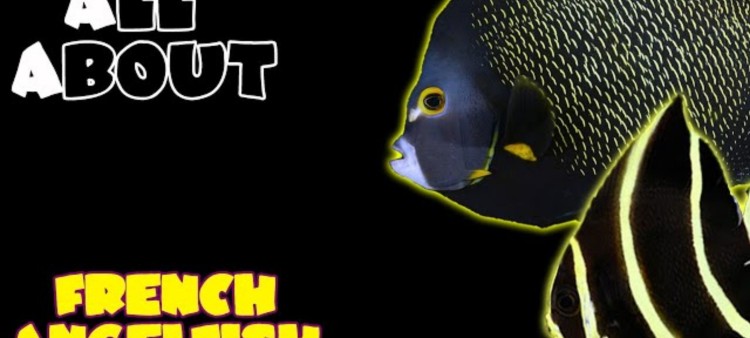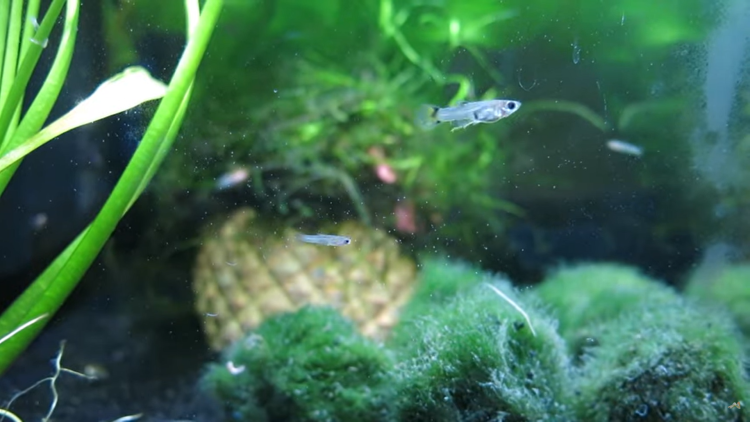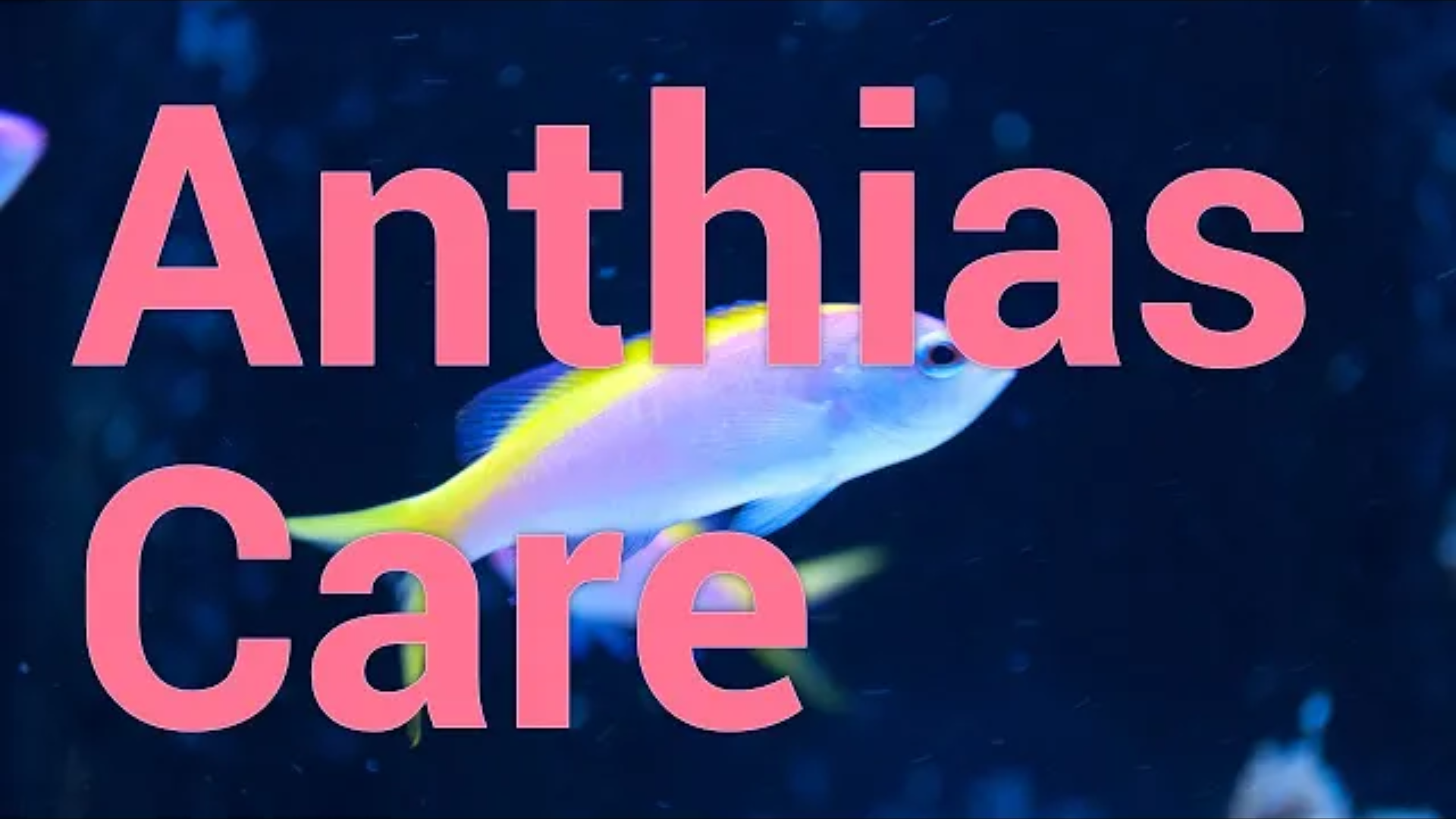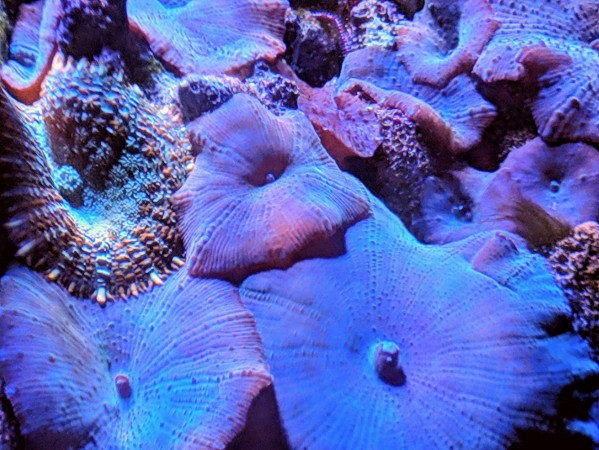French Angelfish: Complete Care Guide
- Oct 25, 2021
- Anshika Mishra
- 434 0 0

In this article, we will be talking about the French Angelfish.
French Angelfish
Prices: You will normally spend about $100-$150 to get a juvenile. A small one will still cost you a lot, and then whenever you want the bigger ones in the more adult coloration, you might have to spend $200 and above to get one of these.
Tank Size: By the end of the life span, it will need a 200-gallon tank because they get huge. You can start small because Juveniles are usually small, some are only 2-inches long, so if you have a 75-gallon tank and want to keep it for a little while and upgrade later for a bigger tank, you can do that.
Care Level: Moderate. It is mainly because of trouble eating. So, the main thing is to make sure you know what your fish provider is feeding them. Another big thing is to switch it up whenever you first have them in your tank. Feed them multiple different kinds of things, and just watch what it likes more.
Temperament: Semi-agressive. Just like Tangs, Angles to become the kings and queens of the tank. They become very territorial over their rocks and caves, and whenever any new thing comes in, they go check them out, and sometimes they can even be aggressive towards them.
So, you want to make sure this is one of the later fish you add to your tank. Or, if you're going to have a group of them, make sure to add them simultaneously.
Reef Safe: Not! They are really bad about picking on corals. They are hungry for them, looking around. So, you do not want to put it in your reef tank. It does much better on a fish only with a live rock tank.
Water Parameter
- Temperature: You want to keep the temperature between 72-78 degrees
- dKH: 8-12
- pH: 8.1-8.4
- Salinity: 1.020-1.025
Maximum Size: They can get about a foot or more lengthy. So, you want to bigger tank towards the end of its life span because they are just massive Angelfish.
Colors: When they are small, they have a black body with yellow stripes running up and down it, but as they grow old, they become completely black with yellow speckles throughout their scales. It is a really pretty fish both as a juvenile and as an adult.
Diet
They are an omnivore. You want to make sure they have plenty of algae to feed on because they need it in their system, it keeps them healthy and keeps them away from getting diseases like ick and fighting flukes. All that, they need the algae in their system to battle it.
You can also feed the dry seaweed. On the flip side, when you provide meaty food to your other fish, these Angles will come there and have a munch on it. So, it will be eating both but make sure you have the algae in there to keep them healthy.
Origin: They come from the Caribbean
Tankmates
They can be housed with other Angles and Tangs and pretty much every fish in between. Usually, if you want to keep them with different Angles, you want to make sure you add them simultaneously if you can. Because once an Angle is in a tank long enough by itself, they become very territorial over that area and add a new angel a lot of times. They will see that as taking over their territory and can lead to a lot of aggression. So you don't want that so if you wish to have multiple tangs in your tank and multiple Angles together, try to add them simultaneously.
They are great fish to pair with both the predator and peaceful fish who can stand their ground.
Substrate
For the French Angelfish, you want just to have a sandy bottom with plenty of live rock in the tank, big arches, and caves for them to swim throughout while also having some open space for them to go. This will give them plenty of room while also giving them plenty of rocks to graze on for algae and hide behind if they are ever nervous or scared of something.
Once you check all these boxes, you will have a very Happy french Angelfish swimming in your tank. They are a great and hardy fish to have in there.
Happy Reefing!







About author